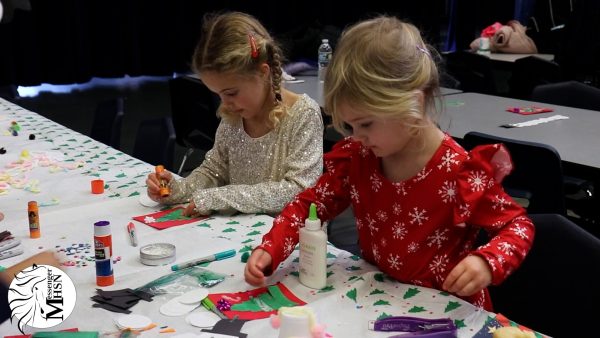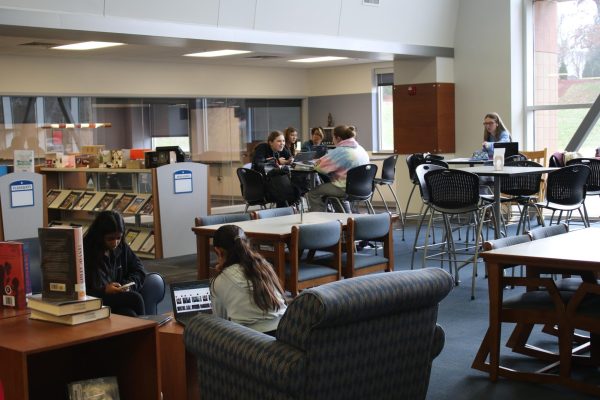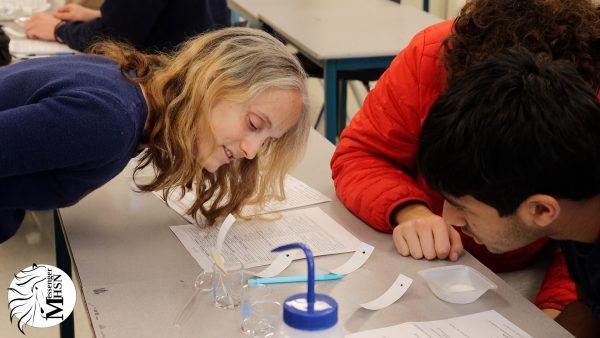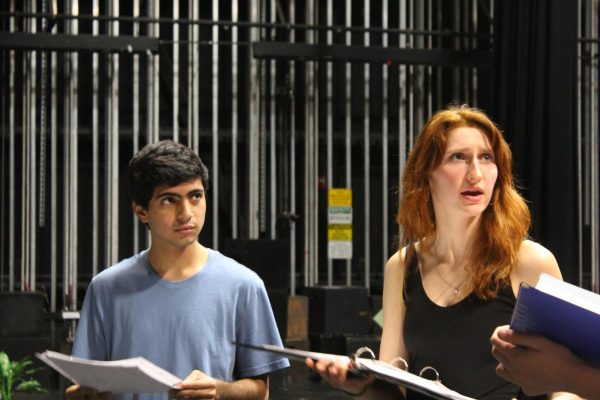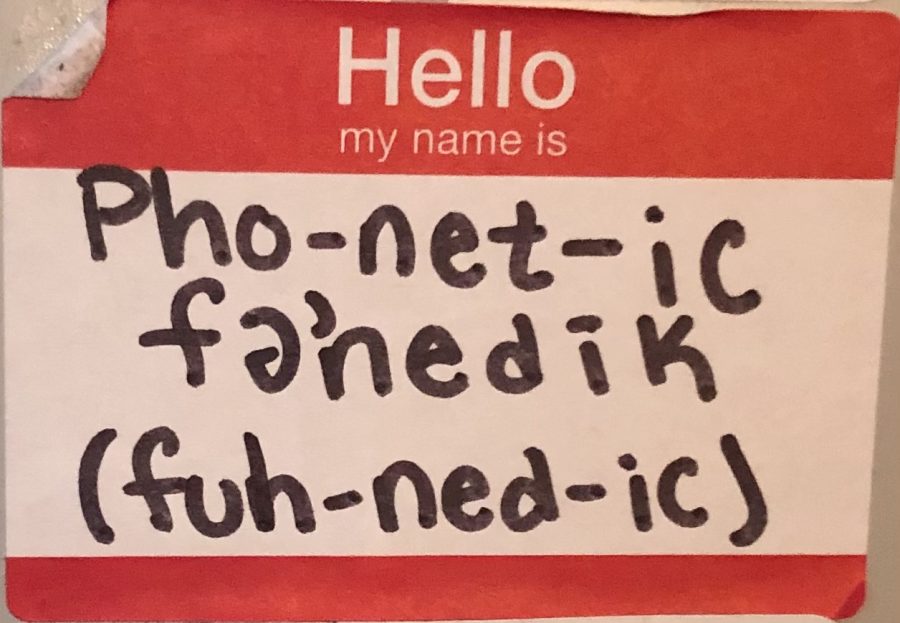The Name Game: Students Westernize Name Pronunciation
Media by Marin Ellington
pho·net·ics /fəˈnediks/ noun the study and classification of speech sounds.
As early as elementary school, Chloe Kang, junior, remembers being teased about the pronunciation of her name. Though she didn’t fully comprehend the joke at such a young age, “Chloe Kangaroo” became her name to some of her classmates.
Though the nickname did not stick throughout her life, the pronunciation of her last name did. Kang’s family is Korean, and she said everywhere except in her house and with her Korean friends, she goes by an alternative pronunciation of her name.
“I’ve just been letting people pronounce it with the typical American accent,” Kang said. “The usual pronunciation in Korean is Ga-ng (Ga as in ‘GO-blin’), but I just let everybody pronounce it as ‘Kang’ as in ‘kangaroo’.”
Additionally, Chloe is not Kang’s given birth name. Her name was Je-in (spelled Jane in English), before she had it legally changed to Chloe Jane Kang in 5th grade. Kang said her parents wanted her to have a more modern American English name in addition to her Korean name and thought Chloe suited her well.
The mispronunciation of her name has been a common occurrence throughout Kang’s life, and she said it is a common fault for many teachers and students at MHS.
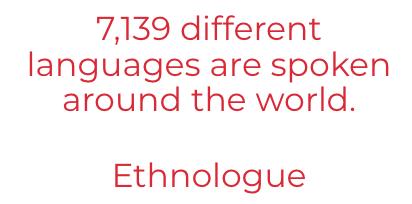
“I’m very used to it to the point where I sometimes accidentally pronounce my own last name wrong,” Kang said. “I have many other POC friends with ethnic first and/or last names who simply let their peers mispronounce their name for the convenience of Western pronunciation, so we like to relate on this topic. I believe the culture is very normalized in general and within Marquette.”
Though she has become used to it, Kang said it’s thoughtful and would be appreciated if more people made an effort to learn the proper pronunciations of names from other cultures.
“I’m sure most people who’ve been asked will be thankful for the question and will gladly try to help their peers pronounce their name in the right way,” Kang said.
Though mispronunciation can stem from a lack of trying to understand, Dr. Matt Barros, linguistics professor at Washington University, said language barriers from other countries often produce sequences of letters that aren’t common in English.
“There are sounds in many other languages though, that you don’t find in English,” Dr. Barros said. “Native speakers of any language, American English or otherwise, will not be able to help pronouncing foreign names as ‘loan words’ into their language.”
The concept of “loan words” relates to the action native speakers will subconsciously take by adapting foreign names with foreign sounds they are unable to pronounce into a more easily understood pronounceable form, Dr. Barros said.
Dr. Barros said the most common problem people run into is with words and sounds that are used infrequently in conversation. People tend toward using default rules of English pronunciation, he said.
“Language is an extremely complex topic. Perhaps because language is so much a part of what it means to be human,” Dr. Barros said. “If an American can’t pronounce your foreign name correctly, it is most likely because they can’t tell the difference between how you pronounce your name and how they’re pronouncing it.”
For Srisahithi Tadakamalla, junior, the change began in second grade when she remembers a teacher pronouncing her name differently than her family did. Tadakamalla said while her family always pronounced her name the same, she remembers times when she asked them to go by an alternate pronunciation.
“It just happened when my teacher pronounced my name, and it sounded normal,” Tadakamalla said. “There wasn’t anything that really changed. It was just the way it is pronounced is a little different, but I never really thought of it as a bad thing.”
Tadakamalla goes by Sahiti which she said is pronounced as Tahiti but with an s. Though the mispronunciation of her name no longer bothers her, she said she sees this as a problem that can be fixed with more exposure to unique names.
“When a substitute is calling attendance, when I was younger I used to feel embarrassed. Now I don’t really mind because I am older, and I understand that some names are harder to pronounce,” Tadakamalla said.
Your donation will support the student journalists of Marquette High School. Your contribution will allow us to purchase equipment and cover our annual website hosting costs. You may become a PATRON by making a donation at one of these levels: White/$30, Green/$50, Blue/$100. Patron names will be published in the print newsmagazine, on the website and once per quarter on our social media accounts.
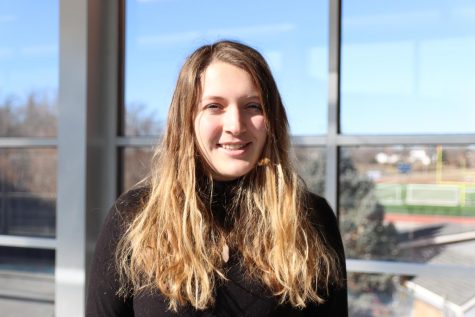
Marin Ellington (she/her), senior, is the Editor in Chief of the Marquette Messenger. In addition to her involvement in student journalism at Marquette,...



